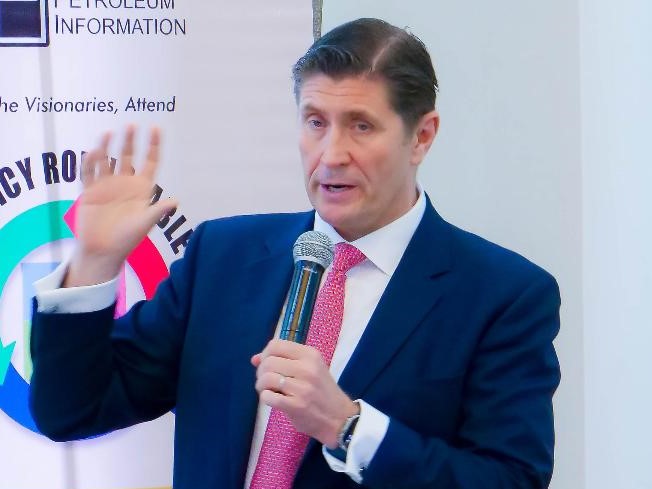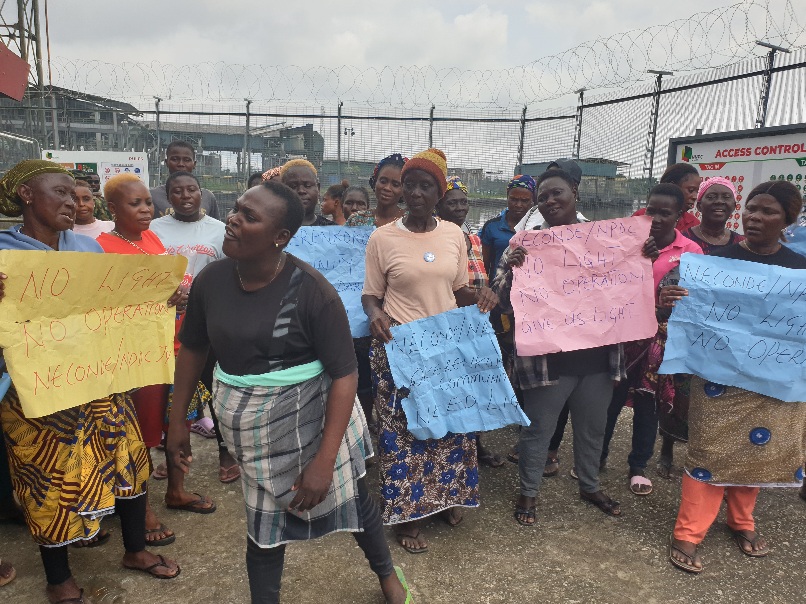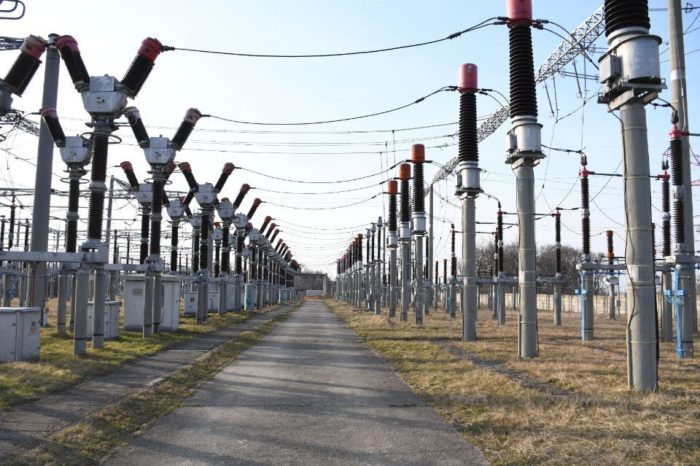Africa should adopt revolutionary approach in tackling climate change by leveraging on LNG renewable instead of playing victim- Professor Osinbajo

Oredola Adeola
Africa should take up the responsibility of adopting a revolutionary approach in tackling climate change by leveraging its natural gas and renewable energy potential, young workforce, green technologies, carbon removal, and green manufacturing, instead of pushing the narrative as the victim and or insisting on business-as-usual growth.
Professor Yemi Osinbajo, Nigerian outgoing Vice President, made this known while delivering a lecture delivered at the King’s College, London entitled “Africa Can Prosper in an Increasingly Complex World”.
This was disclosed in a statement released by Laolu Akande, Senior Special Assistant to the President (Media & Publicity), Office of the Vice President.
According to Professor Osinbajo, Africa can also lead a revolutionary approach to climate change in a way “that recognizes Climate action as the job engine for Africa.
Citing the positions of James Mwangi, Executive Director, Dalberg Group, and other members of the Climate Action Platform Africa (CAP-A), Osinbajo argued that instead of pushing the narrative of Africa as a victim and or insisting on business-as-usual growth which would make Africa a big future emitter, especially as doubling population and possible quintupling of income per capita could propel Africa to the top of emitter league tables in the coming decades, Africa should (instead) lead the way in tackling climate change leveraging on its renewable energy potential, young workforce, green technologies, carbon removal and green manufacturing.
He said, ” Africa can provide jobs for millions of its young people, prosper and lead in the fight against climate change by becoming a green or carbon-free civilisation. “And we have the comparative advantage to do so.
Speaking about the contributions of Africa to global warming, Osinbajo said, African countries, despite being the least emitters of carbon, are the worst hit by its effects and the least capable of quickly responding to or mitigating the damage caused by extreme weather events.
“African countries have a little more to worry about even in the inevitable transition to net zero by 2050 or 2060. For us energy poverty and its implications for extreme poverty are as existential, as the climate crisis itself. In 2020, 52% of the population of Sub-Saharan Africa, about 568 million people, had no access to electricity. Nineteen of the twenty countries with the lowest clean cooking access rates are in Africa.
“In practical terms, these energy deficits produce staggering effects. For instance, the clean cooking deficits lead to about huge numbers of premature deaths from household air pollution in Sub-Saharan Africa annually.”
“Furthermore, gender inequities are exacerbated, and millions of women and children suffer from critical health conditions. Due to the electricity deficits, half of secondary schools and a quarter of health facilities in Sub-Saharan Africa have no power.
“For many, gas-rich but energy poor countries in Africa such as Nigeria, we recognise the role that natural gas, being a much cleaner fossil fuel, must play as a transition fuel in the short term to facilitate the establishment of base-load energy capacity and address clean cooking deficits in the form of LPG.
“But there has been strong resistance to this. Several global North nations have placed restrictions on the use of development funds for natural gas infrastructure in Africa with ripple effects in the private financial sector,” the VP added.
He further stated that “while the U.S. and others have created exceptions in their policies, the intended flexibility is not yet clear or seen in practice.
“So clearly, limiting the development of domestic gas projects, (which is a critical energy transition pathway for Africa,) violates enshrined principles of equity and justice, and poses dire challenges for African nations, while making an insignificant dent in global emissions.
“Even if we triple electricity consumption in African countries, aside from South Africa, solely through the use of natural gas this would add just 0.6% to global emissions,” the Nigerian Vice President said.








